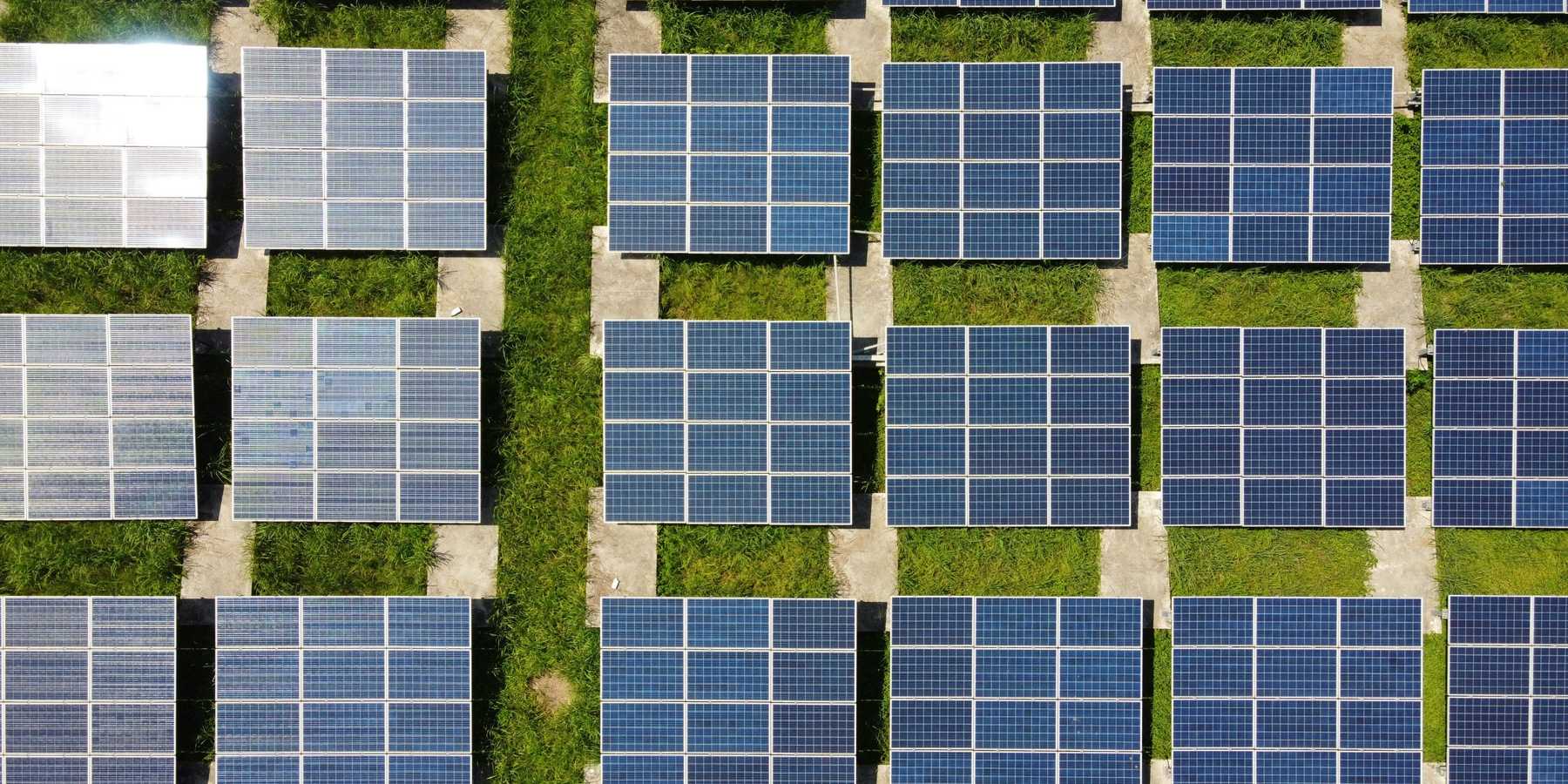
Clean energy shift offers a path to climate action and democratic renewal
A fast-moving global transition to solar and wind energy may not only curb emissions but also reshape political and economic power, says climate author Bill McKibben.
David Goodman reports for VTDigger.
In short:
- Bill McKibben argues that falling costs for solar and wind have made clean energy the most affordable power source on Earth, marking a pivotal shift in global energy systems.
- His new book, Here Comes the Sun, frames renewable energy not just as a climate solution, but as a potential force for democratic stability and equity.
- McKibben is organizing a global day of action called Sun Day on Sept. 21, 2025, to promote a break from fossil fuels and celebrate clean power.
Key quote:
“There is one big good thing happening on planet Earth and it’s so big and so good that it actually has the capacity to help not only with the overwhelming climate crisis, but also with the crisis of inequality and of democracy that we’re facing now.”
— Bill McKibben, author and climate organizer
Why this matters:
Renewable energy is a disruptive force in geopolitics and economics. As solar and wind power become cheaper than coal and gas, nations can reduce reliance on fossil fuels that have long fueled conflict, inequality, and environmental destruction. A decentralized energy model could erode the dominance of petrostates and corporations while expanding access to electricity and reducing pollution. That shift could also limit the political leverage of fossil fuel interests, which have blocked environmental reforms in many countries. In the U.S., where fossil fuel money continues to influence public policy, cleaner energy could loosen that grip.
Read more: U.S. solar construction surges ahead of looming policy shift













